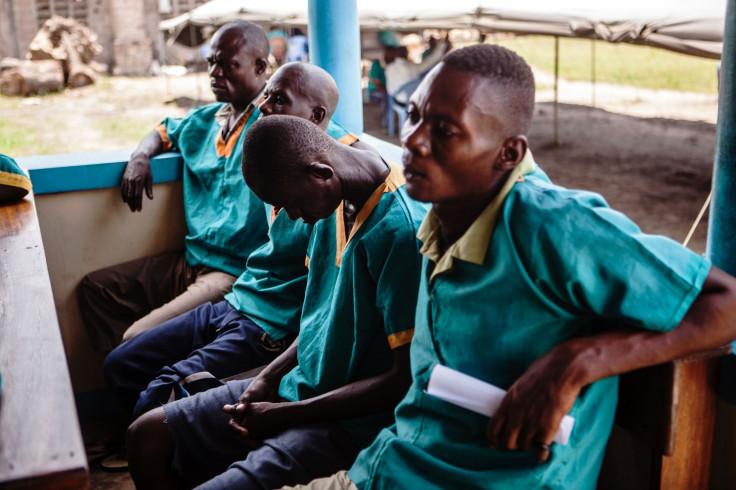Rape of men and boys 'serious blind spot' in Central African Republic

KEY POINTS
- Soldiers have raped men and boys in CAR for years but crime has been "largely ignored," researchers warn.
- Men said they were gang raped and forced to perform oral sex because they refused to join armed group.
Soldiers have raped men and boys for years in the Central African Republic (CAR), with researchers warning that a concerning trend of male sexual violence in the wartorn country has largely been ignored.
Sexual violence against men and boys in CAR is "under-reported and under-investigated" despite evidence of a "discernible pattern of victimisation", researchers from the All Survivors Project said in a report published on Monday (5 March).
The human rights group documented dozens of cases of men and boys being raped during armed attacks.
Some said they were assaulted because they refused to join armed groups. Their refusal led to them being gang raped and forced to perform oral sex on other men.
Four men told researchers that they were kidnapped by militants and taken to makeshift military camps where they were repeatedly raped for several days.
"In some cases [sexual violence] is carried out as revenge for attacks by opposing armed groups," according to researchers, warning that the sexual victimisation of men warrants "urgent attention."
CAR has been suffering from political turmoil and sectarian violence since Muslim Seleka rebels ousted President Francois Bozize in 2013, sparking a furious backlash from Christian militants.
Charu Hogg, director of the All Survivors Project, said that evidence gathered by researchers "reveals only a glimpse at what is happening" and that most cases go unreported due to "stigma, shame, societal attitudes and shortcomings by state and international bodies.
"Sexual violence against men and boys is a serious blind spot in CAR," said Hogg. "There is a working assumption among a number of protection experts and humanitarian service providers that sexual violence affects girls and women alone."
She said that soldiers use sexual violence as a tool to "humiliate, emasculate, and terrorise" male enemies.
The long-term consequences for male victims of sexual violence are extremely damaging, the report warned.
"The harms include long-term stigma of emasculation and [the men's] loss of standing in their communities and families," according to Andrew Park, International Program Director at the Williams Institute, a think tank specialising in sexual orientation and gender identity policy.
Researchers have called on authorities in CAR to offer "gender-inclusive humanitarian services" so that male victims also receive support.






